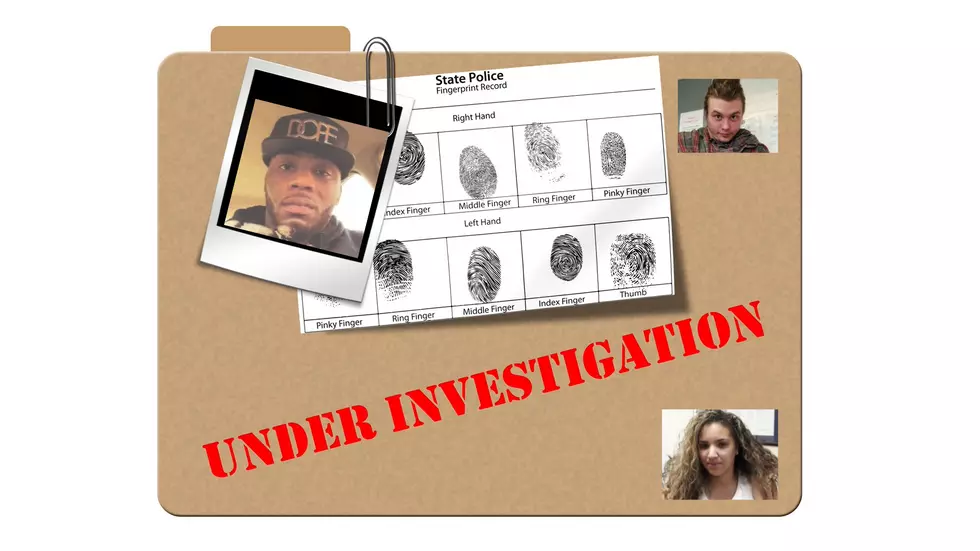
Top Doctor Talks COVID-19 on Campus, + A Setback For The Vaccine
Dr. Rajeev Fernando is one of New York's top infectious disease specialists, and with the school year underway, he shares his professional opinion on COVID-19 on college campus', and what's happening with the vaccine.
Every Thursday, Dr. Rajeev Fernando joins us to answer your COVID-19 questions, and this week, with schools re-opening, we talked about COVID-19 on the college campus, and a setback for the vaccine.
During the last week, we've seen schools and colleges re-open, and we've already seen a few of the schools having to shut down due to COVID-19 cases, and some colleges have had to curtail their curriculum due to the virus. What can be done to prevent this?
"This is very troubling since the start of the pandemic and up until July, we had about 20 thousand cases of college age students test positive for the virus, but just in the last month, we've seen over 24 thousand cases with people in that same age group. I feel the younger people have to take a lot more responsibility, and understand the significance of this virus. We did see a lot of parties around the country over the Labor Day weekend, and we have to watch closely for more outbreaks. It's obviously a little too early to see cases, but remember, the incubation period is about two weeks, so we are going to have to wait and see. The other problem I see, is sending kids home when they have tested positive, that's really tough. If you're going to college, the college has to have facilities for a dorm for those who contract the virus. In situations where the student is positive, they should not be sending them home, they should be quarantined in a campus facility, and stay there for the two weeks, or until they have recovered. Once you send them home, you're putting family members at home at risk, you're also putting the state at risk. Think about the international students as well, you could be taking the infection back to foreign countries. This is a very tight situation, and the only way around it is for the University to come up with rules that say if you're sick, we have a place for you, you're our students and we'll take care of you, that's what should be happening".
We've seen a number of school districts in Connecticut shut down due to a case here, and a case there. How many cases should it take to shut down a school, or a school district?
"That's a brilliant question, and what we have to do is, when you have one student infected, you have to do contact tracing so you can see who else could have been exposed. We don't have enough answers still, so that would be the safest thing to do".
The big talk this week is about the vaccine, which could possibly be out by the end of the year, but now, testing has been put on a temporary hold due to a participant in the Oxford study developing an illness from the vaccine. What can you tell us about that, and the timeline for the vaccine?
"This is what happens during phase 3 of the testing. Phase 1 and phase 2 tend to be shorter and we look for side effects like fever and body pains, but phase 3 is the time we really get to see uncommon side effects, like the situation we're seeing now with the testing. This has to be studied more, and that's the danger of putting a date or timeline on the release of this vaccine. We should never ever put a date on getting a vaccine. This is very common in phase 3 of the testing, we have a longer time to look for the rare side effects. What's happening now is one of those rare side effects, so we need to get more information on what happened. It may be some type of weakness syndrome that came up, so we need to learn more. The anti-vaxer campaign is going to have a field day and say there's no way I'm getting this vaccine. This is very disappointing when you see a side effect like this come up. We're waiting to see just what it is, but I'm told it's a weakness syndrome, but I'm just waiting to get more information about this delay".

CHECK IT OUT: 10 Items Might Be in Short Supply This Winter
More From The Wolf









